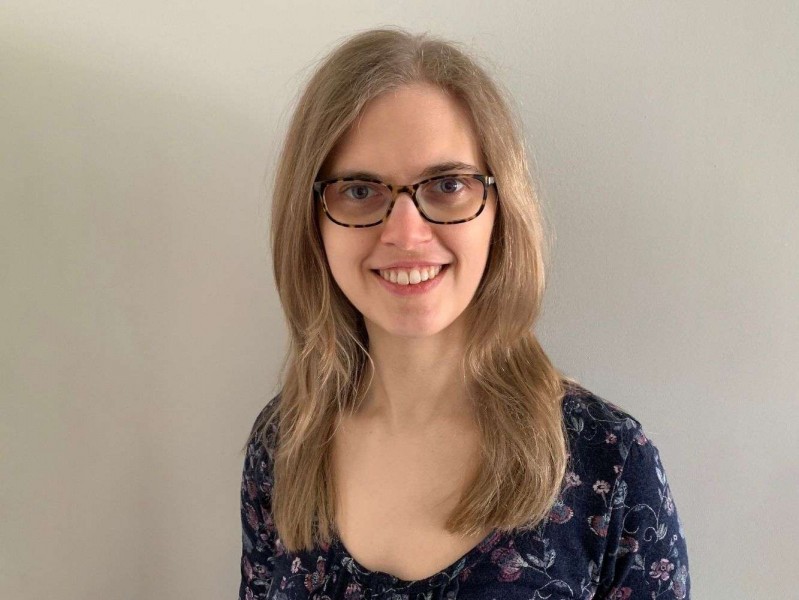OPINION: Taking a cup o’ kindness - removing the stigma from pandemic
Monday 10 January 2022

Do a Google search for ‘what is Wuhan known for?’ and—despite the city’s renown for being the temporary capital city of China at two points in the 20th century and for its designation as an academic and creative city—by the fourth search result, we find that COVID-19 has crept into Google’s algorithm.
This is problematic. When we associate a place with a negative attribute, it has detrimental effects for the place and the people living there. In academic spheres, this is termed ‘territorial stigma’, referring to the tarnishing of the reputation of a particular area. My research considers how certain places come to have negative reputations or stigma attached, and what it means when such a reputation has latched on.
It is difficult to shake off negative connotations. My work has looked at ‘inner city’ areas of Britain such as Toxteth in Liverpool and has shown that a gradual degradation of an area’s reputation can be damaging and then intensified by a particular event, resulting in a toxic and sticky stigma that is difficult to remove. Toxteth, for example, was denigrated by the media since the end of the 19th century but the uprisings in summer 1981 cemented the district in the south end of Liverpool as being a ‘problem place’. It has taken decades for the area to recover.
So, as we consider how places have functioned during the pandemic, we are presented with some troubling reminders. I would argue that it will be many years before Wuhan can shake the reputation for being the place where COVID-19 was first officially recognised. I wonder as well what this means for our student communities.
Looking more locally, our student communities were often subjects of stigma for the spread of COVID-19 and, with my colleagues Dr Natascha Mueller-Hirth and Dr Ruth Woods, I conducted research into student perceptions of blame during the pandemic. The negative public narratives were around student parties, students flocking to areas, increasing COVID rates, and the suggestion that students were bypassing restrictions. Our research found that this anti-student community narrative had huge impacts on learners in Scotland who felt anger, sadness, and stress at the situation in which they found themselves, particularly when they felt that blame was misdirected.
I was deeply disturbed during the pandemic as new variants emerged or outbreaks took hold and became attached with particular places and people. As the Delta variant was detected in India, the country came to be blamed for the spread of the variant. In May 2021, I was relieved when the World Health Organisation elected to rename all variants with Greek symbols—beginning with Alpha for the variant that was first noted in Kent, England. Their rationale was that labelling a variant after a community or country did little other than stigmatise and brand the place with negative connotations; we see this when we consider anti-Asian discrimination and the experiences of Indians living in the UK following the outbreak of the Delta variant—before it was officially rebranded.
When Omicron was first detected and linked to South Africa, I feared again that we would see narratives of blame and stigma. The irony is, of course, that we do not actually know where Omicron emerged. South Africa alerted the world to the variant and should not be stigmatised or penalised for this.
This is not a matter of suppressing stories and hiding events. Rather, it is a call to remember that—while negative events do happen—the way we talk about them has consequences. Whether it is a street, student housing, a city or a nation that is being labelled as ‘to blame’ for the pandemic, the effects can be damaging.
As we approach new year and join (virtual) hands to sing Auld Lang Syne, let’s remember the call to “tak a cup o’ kindness” before we reach for the keyboard and add to the algorithm on social media. Perhaps we cannot change the overriding narratives that exist, but we can change how we speak about the virus, and those who have contracted it, and its spread.
Let’s instead think of the structural issues that led to this point—to why some communities experience outbreaks. We can see that vaccine hoarding has led to the virus spreading in some areas. We can see that students are often our valued key workers and that’s why crowded halls can lead to outbreaks. We can see the reasons places and communities experience outbreaks and, instead of making a place or people a subject of stigma, we can come together, understand, and support each other.
